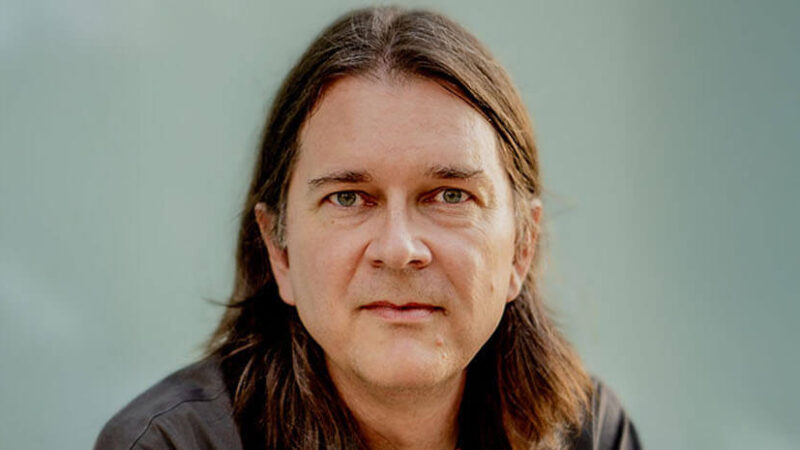Andrew Newberg: God and the Brain
In this week’s episode of Insights at the Edge, Tami Simon speaks with Dr. Andrew Newberg, director of research at the Myrna Brind Center for Integrative Medicine at Thomas Jefferson University Hospital and Medical College, and adjunct assistant professor in the department of religious studies at the University of Pennsylvania. Tami asks Dr. Newberg about some of the new findings in the emerging field of neurotheology, which studies the links between faith, neurobiology, and the mysteries of the psyche. What changes take place in the brain of people who meditate or pray? What happens when we die? How does faith influence both our brain chemistry and the overall quality of our lives? Join Tami Simon and Dr. Andrew Newberg for a fascinating discussion of these questions and more. (63 minutes)




